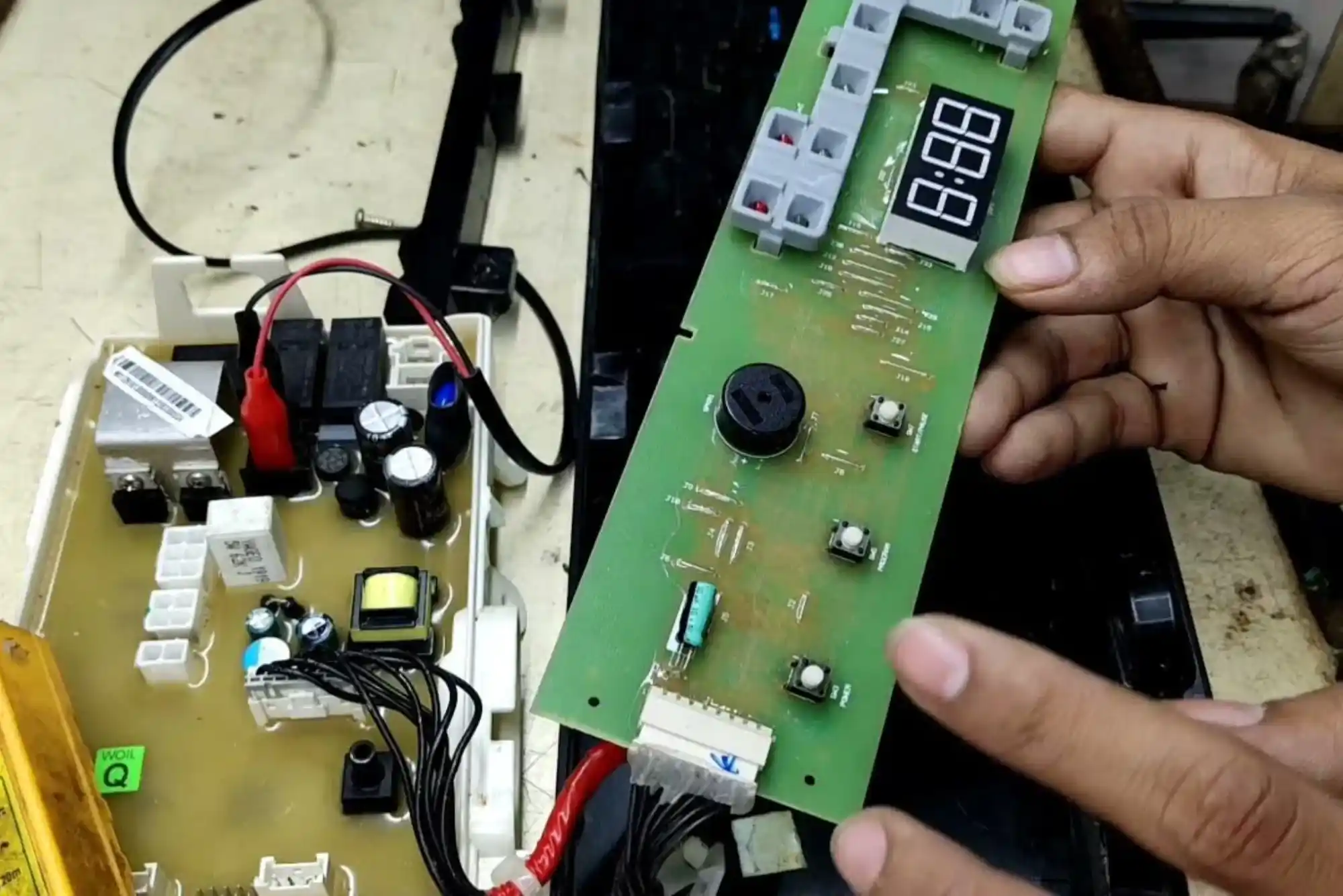In today’s world, where reliance on electricity is greater than ever, power failures can disrupt daily life and business operations. Battery Energy Storage Systems (ESS) have emerged as crucial solutions for ensuring a continuous power supply, even during outages. Here’s why these systems are effective in providing backup power and how they can benefit users.

- Reliable Backup Power
Battery energy storage systems are designed to provide a reliable source of electricity when the grid fails. Unlike traditional generators, which rely on fuel, battery systems can store energy harvested from renewable sources like solar panels. This stored energy can be accessed instantly during a power outage, ensuring that essential appliances and systems remain operational.
- Instantaneous Response
When a power failure occurs, battery storage systems can respond almost immediately. This rapid discharge capability means that users do not experience a delay in power restoration, which is critical for maintaining functions such as refrigeration, heating, and medical equipment. This instantaneous response is one of the standout features of battery systems compared to other backup power solutions.
- Seamless Transition
Many battery energy storage systems are equipped with automatic transfer switches that allow for a seamless transition from grid power to stored energy. When a power outage is detected, the system automatically switches to battery power, minimizing disruptions. This ensures that users can continue their activities without interruption.
- Scalability and Customization
Battery energy storage systems can be tailored to meet the specific energy needs of a household or business. Users can choose the size and capacity of their battery systems based on their energy consumption patterns, ensuring they have enough backup power to cover critical loads during outages. This scalability makes battery systems suitable for various applications, from small homes to large commercial facilities.
- Integration with Renewable Energy
The integration of battery storage systems with solar panels or wind turbines enhances their effectiveness during power failures. When these renewable energy sources produce excess energy, it can be stored in the batteries for later use. This capability not only provides backup power but also promotes energy independence and sustainability.
- Environmental Benefits
Using a battery energy storage system reduces reliance on fossil fuel-powered generators during outages, leading to lower carbon emissions. By storing clean energy and utilizing it during power failures, users contribute to a more sustainable energy landscape.
Conclusion
Battery energy storage systems offer a dependable solution for maintaining power during outages, ensuring users can continue their daily activities without interruption. With their rapid response times, seamless transitions, and integration with renewable energy sources, these systems are becoming increasingly essential for households and businesses alike.
As the demand for reliable energy solutions grows, companies like Sungrow are at the forefront of this technology. Sungrow‘s innovative battery energy storage systems are designed for efficiency and reliability, providing users with peace of mind during power failures. By investing in a battery energy storage system from Sungrow, you can ensure that your home or business remains powered, no matter the circumstances.



